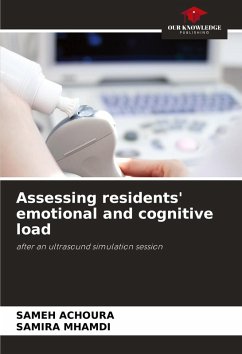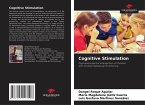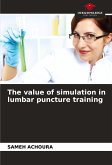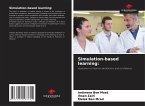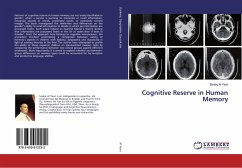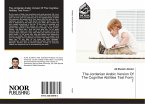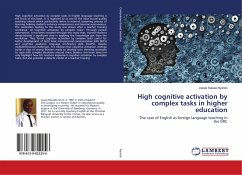Introduction: Simulation is a teaching tool whose usefulness has been widely demonstrated in the medical sciences. However, it can be a source of stress and thus hinder learning. The aim of our study was to measure emotional load before and after a pulmonary ultrasound simulation session.Methods: We conducted a prospective, descriptive study including pneumology residents at the simulation laboratory of the Tunis Military Hospital: procedural simulation of lung ultrasound, and then looked for a relationship with cognitive load and social phobia (Liebowitz Social Anxiety Scale; blood pressure and pulse; a self-questionnaire.Conclusions: It is undeniable that learning is not a strictly rational process; we now know that emotions play an important role in cognition, and that they can act as a lever or, on the contrary, become a brake. Simulation is an active learning method capable of putting the learner's emotions to the test.
Bitte wählen Sie Ihr Anliegen aus.
Rechnungen
Retourenschein anfordern
Bestellstatus
Storno

